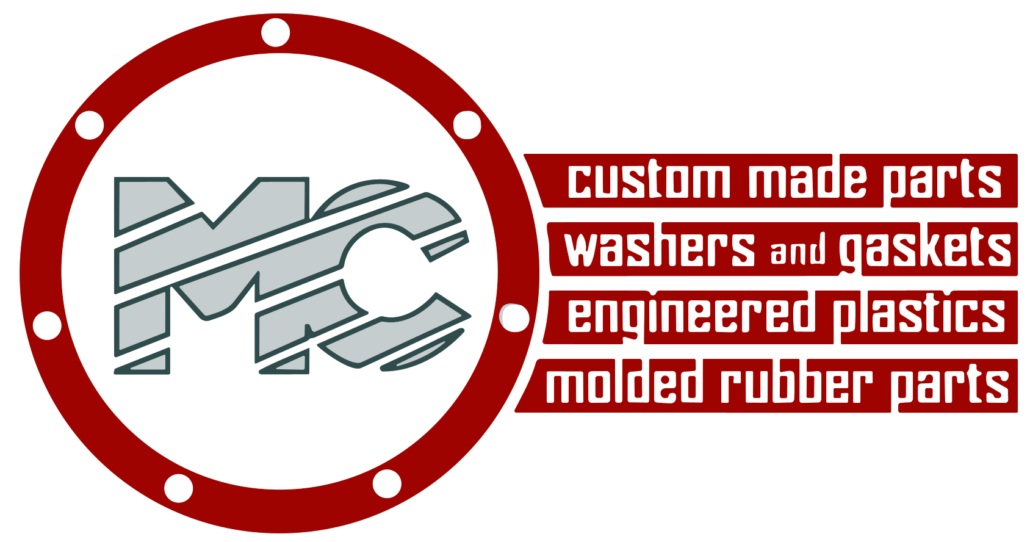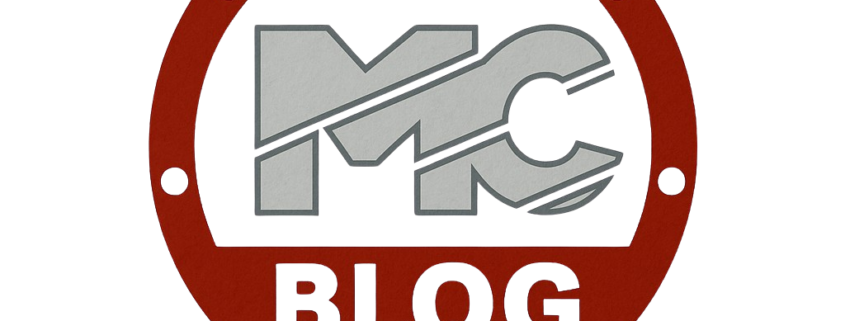Introduction:
In an increasingly environmentally conscious world, it is crucial for industry to address environmental challenges proactively. In this regard, the use of industrial seals plays a fundamental role. In this article, we will explore how the careful selection of different types of seals, based on the materials used in their manufacture, can significantly contribute to reducing pollution and acidification of seas and oceans.
Industrial Seals and Their Environmental Impact:
Industrial seals are fundamental elements in a wide range of applications, from the automotive industry to petrochemicals. Their main function is to prevent leaks and ensure the integrity of the systems in which they are used. However, their environmental impact often goes unnoticed.
Types of Seals and Their Materials:
It is crucial to consider the type of material used in the manufacture of industrial seals. For example, elastomeric seals, such as nitrile rubber, are ideal for applications where resistance to hydrocarbons and chemicals is required. These seals are especially effective in the oil industry, where they prevent leaks that could contaminate the oceans.
Examples of Positive Environmental Impact:
- PTFE (Polytetrafluoroethylene) Seals: These seals are highly resistant to corrosion and chemicals, making them ideal for applications in marine environments. By preventing leaks in piping systems and equipment, they help prevent ocean contamination by harmful substances.
- Carbon Fiber Seals: Carbon fiber is known for its strength and durability. In marine applications, carbon fiber seals can prevent leaks in critical systems, such as those used in the shipbuilding industry. This not only prevents pollution but also reduces the need for maintenance, thereby decreasing the use of natural resources.
Conclusion:
The conscientious use of different types of industrial seals, selected based on the materials used in their manufacture, can have a significant impact on reducing pollution and acidification of the oceans. By preventing leaks and ensuring the integrity of systems, these seals not only protect the marine environment but also contribute to the long-term sustainability of our industrial activities.




